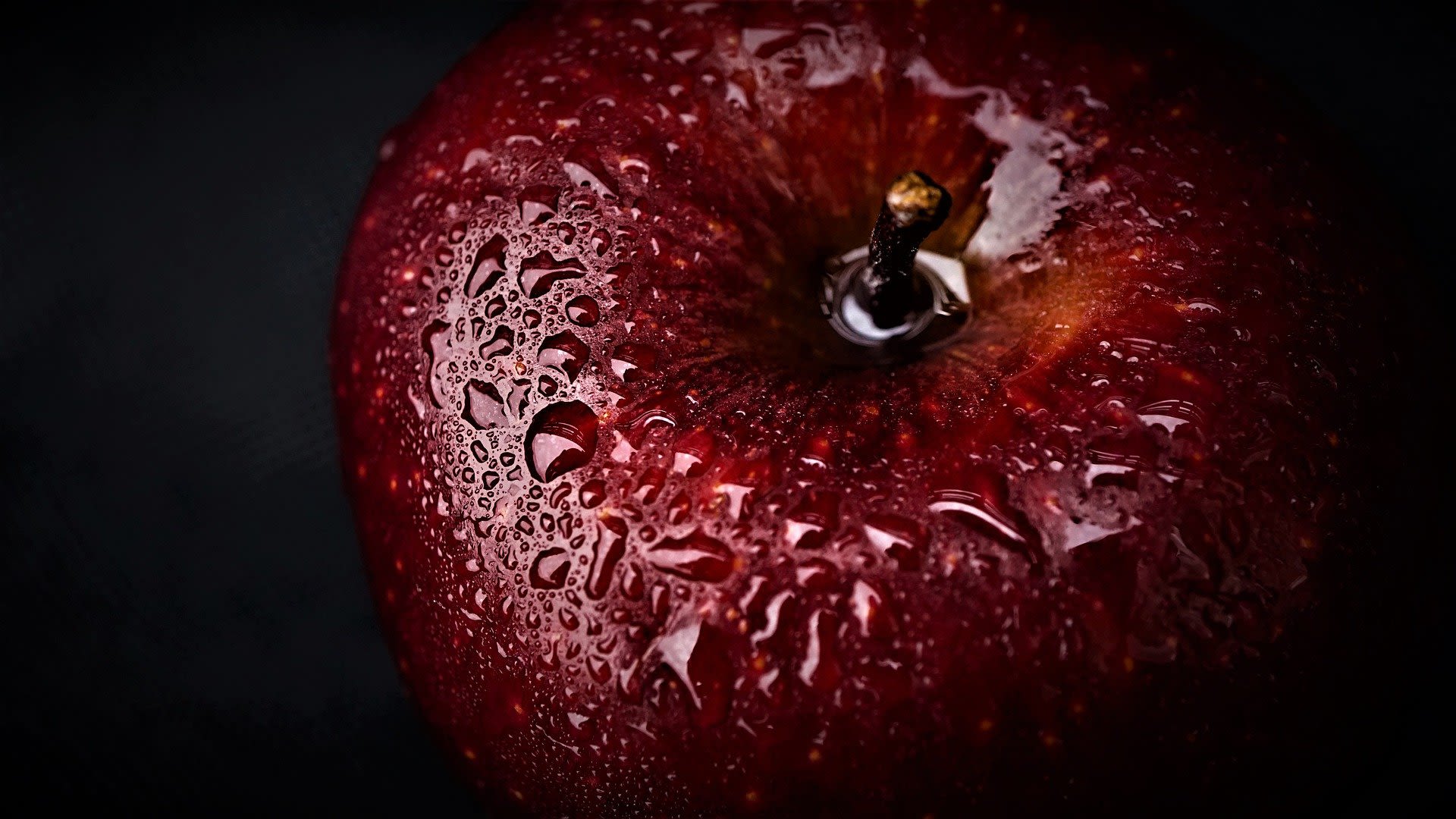Food for Thought
The impact of surplus food

One man’s waste is another man’s treasure, especially when it comes to food.
The issue and culture surrounding food pushed itself to the forefront of the nation’s conversation over the past year, especially concerning food poverty in the UK.
There is a fraction of the food we see – and don’t see - on supermarket shelves, won’t make it onto our plates.
How do we define surplus food?
Surplus food is the remainder of produce that may not be found in supermarkets, go un-used by restaurants when they don’t make it on the plate, or ugly vegetables grown by farmers that just don't make the cut.
Meaning those ugly veg won’t be adorning the fruit and vegetable aisle in your local supermarket.
Footballer Marcus Rashford brought the issue surrounding food poverty to the forefront last year, having fought for free school meals to continue for children in need throughout the half-term and Christmas school holidays.
As he partnered with FareShare, Rashford continues to campaign that food is reached to those who may have limited access.
So, why should we be concerned about surplus food? What has it got to do with us? Is that broccoli really going to go amiss?
So what are we missing?
The statistics

According to the United Nations Environmental Programme (UNEP), approximately one-third of food produced for human consumption gets lost or wasted, to around 1.3 billion tonnes of food waste every year.
This has a carbon footprint of around 3.3 billion tonnes of CO2.
WRAP (the Waste Resources Action Programme) published figures in their January 2020 report, “Food surplus and waste in the UK – the key facts,” based on findings from 2018 that the UK contributes 9.5 million tonnes of food waste a year, not including surplus food.
70 per cent of this 9.5 million was intended to be for human consumption.
The figures also don’t include what WRAP determine as ‘inedible parts’ – the other 30 per cent.
WRAP estimated there is an added 700,000 tonnes of surplus food from businesses, hospitality venues and retail that are being redistributed via charities or commercial businesses or ending up as animal feed.
What could we have done with all that surplus? How many meals would we have been able to deliver if it hadn’t been thrown away?
If you can’t visualise the volume of surplus and wasted food, this equates to a value of over £19 billion a year.
The UNEP estimated that the value of the 1.3 billion tonnes of wasted food, amounts to approximately US$680 billion in developed countries and US$310 billion in developing countries.
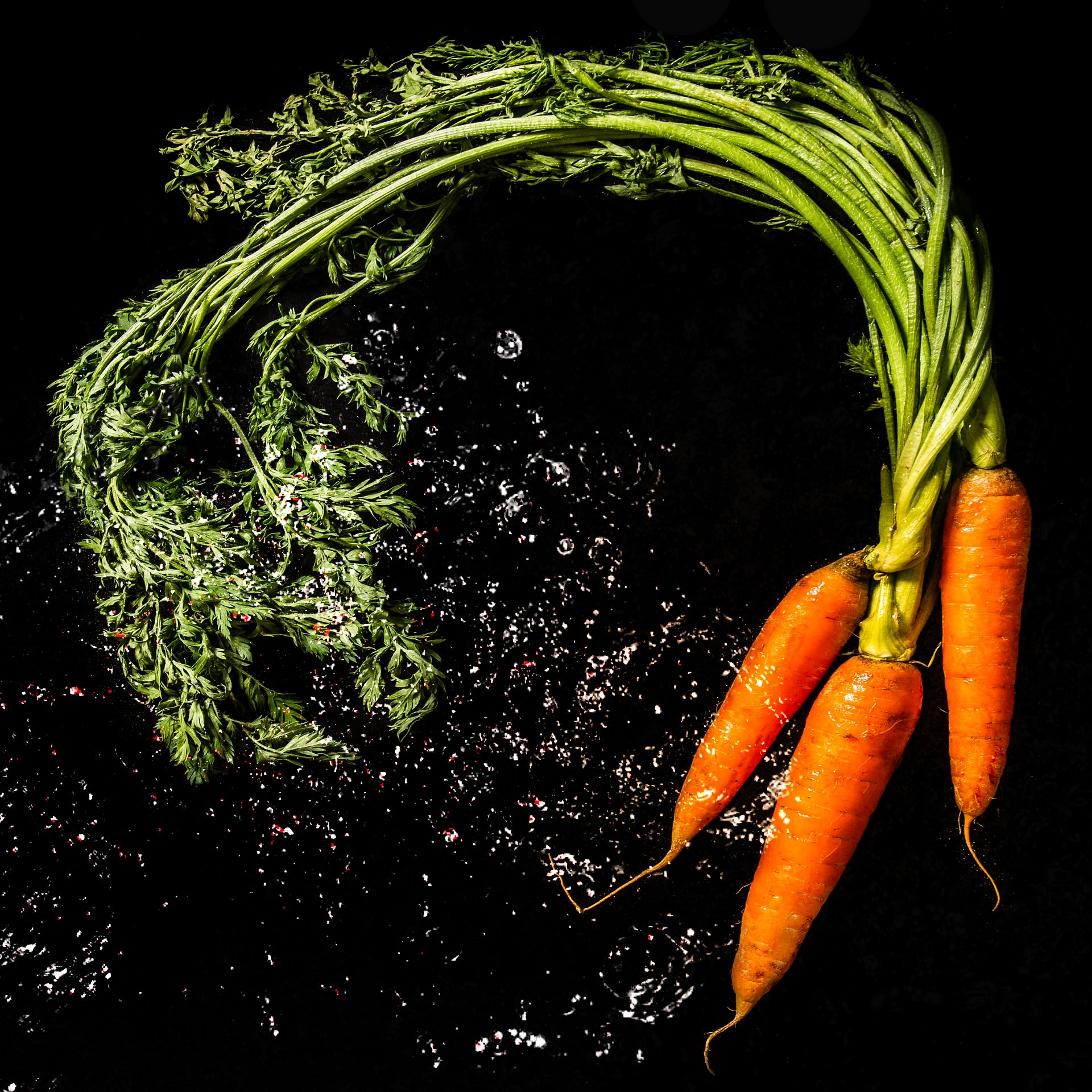


What are people doing about it?
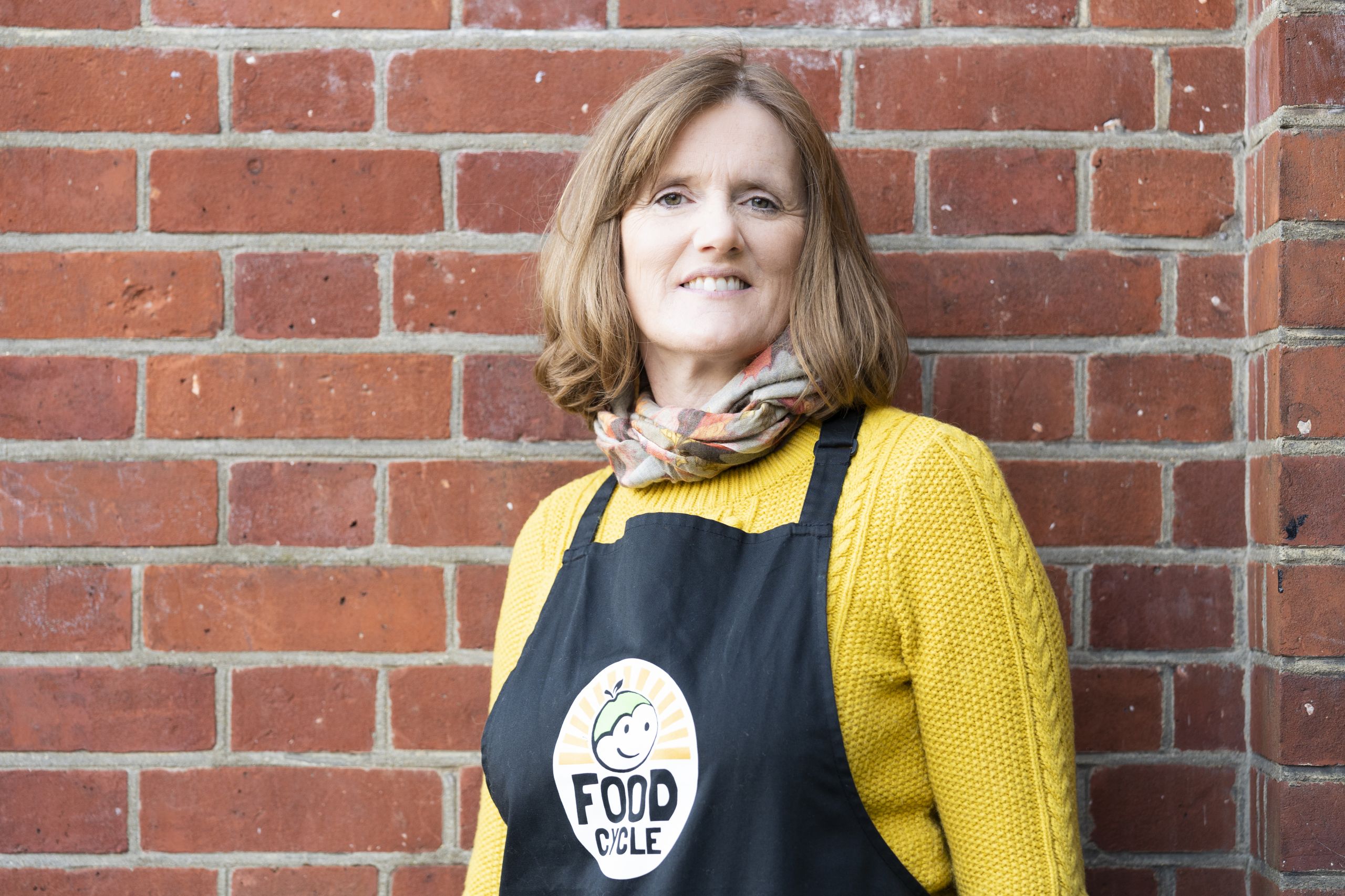
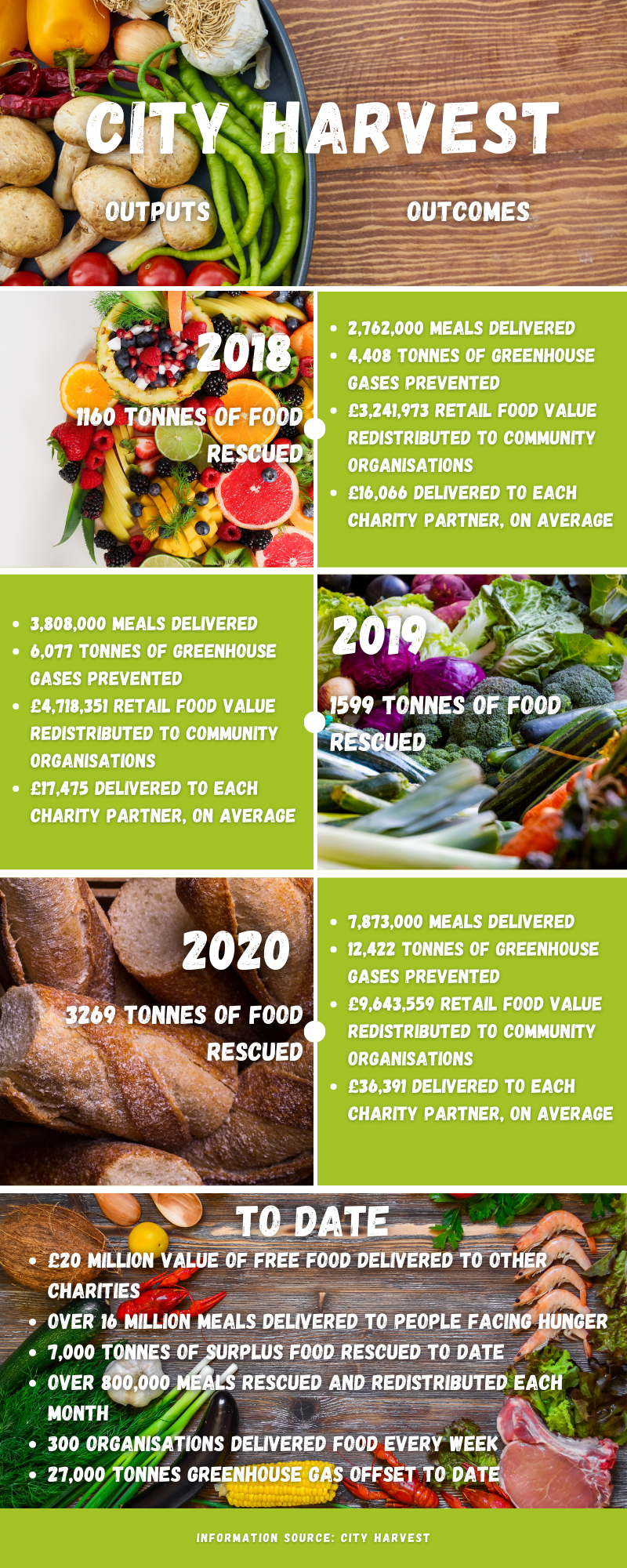
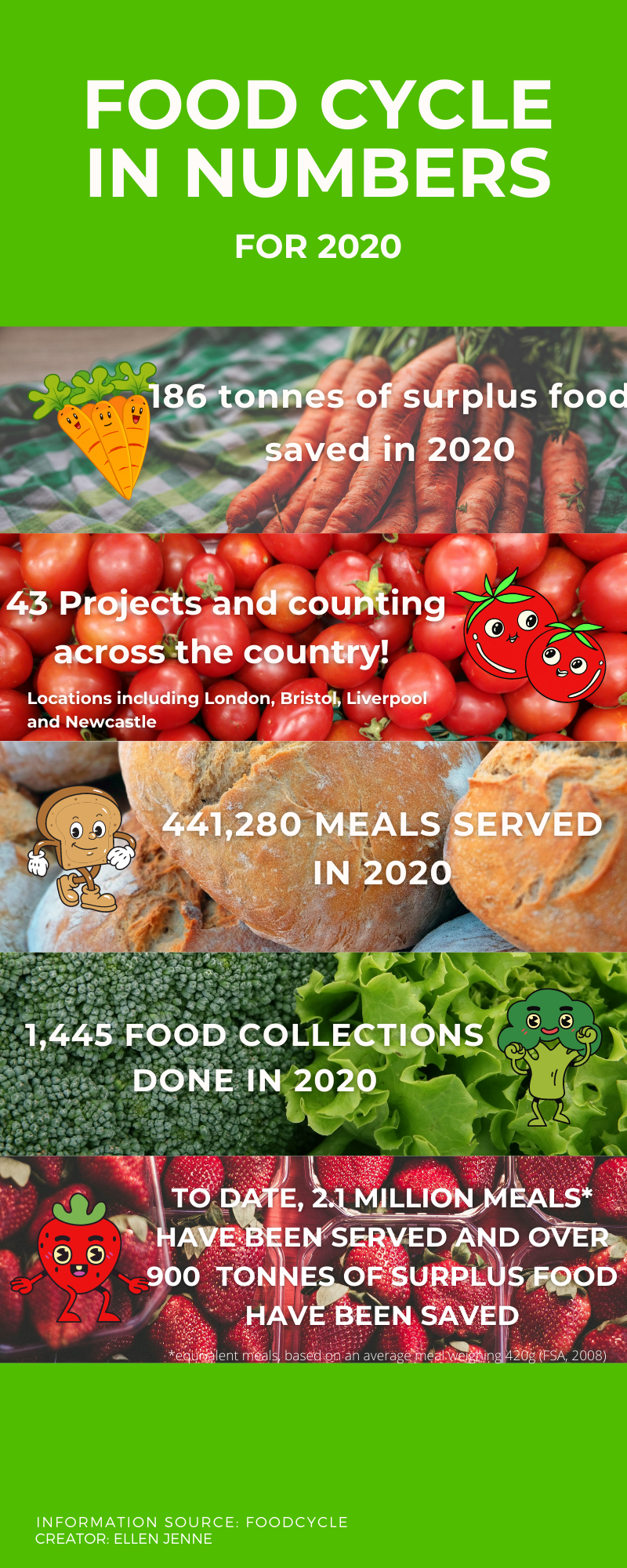
Redistribution of surplus to those who need it most saw a surge due to the Covid-19 pandemic.
As schools, hospitality, and commercial businesses closed last March, some organisations found themselves with larger food donations from partners.
City Harvest is one of the many organisations that redistributed surplus food to those in need.
Fiona Hollis, Head of Communications, said: "13.3 million meals were wasted each month in London alone, by businesses.
"But only 9.2 million meals are missed by those who can't access or afford food."
Hollis explained that before the first lockdown last March, City Harvest were receiving around 40 tonnes of surplus food a week.
Once lockdown hit, they saw their that amount increase to around 90 tonnes a week.
City Harvest delivered 1 million meals in the first six weeks of lockdown alone.
Their 'Lockdown Love' virtual food box is reminding people to focus on positivity this lockdown and sharing the 'lockdown love' with others.
Hollis explained how City Harvest will only accept food that is fresh, so it is in good condition for when it gets delivered to recipients.
With supporters such as Sainsbury's, Waitrose, Amazon Fresh and many more, City Harvest has delivered food valued at £20 million to their 350 partners, with no charge.
The pandemic shone a light on a much-needed conversation about the UK's food culture.
City Harvest recorded that at least 14 million people have lost their income due to Covid-19.
As more and more people fell victim to financial uncertainty, with no end to lockdown in sight, City Harvest and other organisations - Food Cycle and Edible London, ramped up their operations when more people were in need of their support.
Mary McGrath, CEO of Food Cycle, was awarded an MBE in the New Year Honours List 2021 for professional and voluntary services to Disadvantaged People.
She described the honour as a team effort, and that it represented all of those who work and volunteer for Food Cycle.
McGrath prides herself in Food Cycle's ability to reach those in need, not only making sure they were getting access to nutritious food, but to make sure that people knew that they were not alone.
Due to the unforeseen circumstances of the pandemic, the charity adapted quickly after realising many people were losing out on the social experience they would get at their projects.
Food Cycle set up their "Check-in and chat" service, training volunteers to provide those who might have been suffering from isolation, or needed someone to talk to.
McGrath said she hopes that when the current lockdown ends, or eases, Food Cycle will be ready and raring to get their community together again, and enjoy each other's company once again.
She credited Food Cycle's volunteers for all the effort they invested in the last year, making their operations possible.
With hopes to further expand their 43 projects, Food Cycle wants to make sure that their guests stay at the heart of their organisation.
Edible London also prides itself on the volunteers they mobilised over the pandemic.
All three organisations saw their volunteer numbers increase throughout last year, with many motivated to do their part to help those who suffered greatly due to lockdown.
Sunny Karagozlu, Founder of Edible London, committed his organisation to being as green as possible.
Edible London's grassroots are the impetus for their fight against food poverty, as well as reducing surplus food and food waste.
Their campaign 'One Million Meal Plan: Together We Can' is hoping to crack down on food poverty.
Edible London has been granted four acres of land by Haringey Council to expand their operations.
He stresses that the public are key to make a difference for the future, and getting people to harness the value that food brings to society.
Karagozlu said: "Food is the ultimate currency."
The organisations all said the same thing when it came to asking them what is needed about understanding surplus food and food waste.
Education.
It's about getting shops, retailers and manufacturers to understand that surplus food does not need to have an end destination of a landfill site.
Bang on trend
Upcycled food products

Revitalising surplus food does not have to be boring.
Companies have been taking surplus food in their grasp and giving it a new lease of life in interesting and innovative ways.
We’ve seen wonky veg being included in food crates by Oddbox, but what else can be done to help combat surplus food?
As we stepped into the new year, companies were eager to stay ahead of the ever-changing food trends we find ourselves consuming.
They are constantly trying to find new ways to intrigue their customers.
Supermarket giant, Whole Foods, released their sixth annual forecast for the “Top 10 Food Trends for 2021,” at the end of last year, describing their predicted trends as a sign of the times.
They understand that their shoppers are becoming increasingly aware of the food industry's impact on the environment, and that the food market can change all the time – as well as adapting to Covid-19’s impact on their food habits.
Trends may come and go, but one Whole Foods wanted you to keep on your radar is “upcycled food.”
Whole Foods’ forecast emphasised the idea that we should be utilising all parts of ingredients, which would otherwise be discarded, to “help maximise the energy used to produce, transport and prepare” said ingredients.
Home-grown brands such as Toast Ale, Rubies in the Rubble, and Remashed, are taking surplus produce and turning them into new food products for the public to enjoy – all with saving the planet in mind.
DayOld, a social enterprise redistributing surplus bread and baked goods, had plans delayed due to the Covid-19 pandemic, to experiment with surplus bread and reinventing it.
Josephine Liang, founder of DayOld, explained that before the lockdown struck, they were using surplus bread to make pasta.
Liang explained the process as grinding down the bread down to flour and using it as a substitute for flour which would be used to make dry pasta.
Doesn’t that sound inviting?
She said: “We were trying to find a way to make the bread last longer!”
DayOld’s experimenting may still be in the testing stages due to Covid-19, but Liang hopes that once things slowly get back to normal, she can get back to trialling new ideas.
London gin distillery, 58 Gin, has made it their mission to produce sustainable craft spirits, created with surplus fruit, including wonky Cox’s apples from Loddington farm in Kent.
Their partnership with the farm allows them to offset their carbon footprint by using their wasted botanicals as compost, allowing them to plant their own Juniper bushes.
58 Gin called this process ‘ethical distilling,’ and pride themselves on using a fully green method from plant to bottle.
Carmen O’Neal, Managing Director of 58 Gin, said: “With over one third of the food produced globally going to waste we pride ourselves in creating premium gins that help to tackle this issue at the same time as being incredibly delicious.”
Upcycled products may be a progressive method in lessening the country's total amount of surplus food and our carbon footprint.
Food for many, is seen as a necessity, but has become a luxury for some.
Looking to the future, keep in mind the value that the 700,000 tonnes of surplus food can offer.
Not only does food have an impact on society, but also on the environment.
So remember, be smart when it comes to food, because its value is far greater than we realise.
